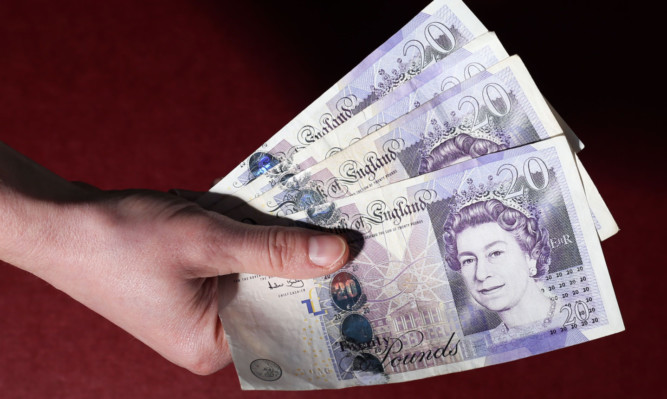Small businesses secured an additional £5 million in bank funding after appealing against the decisions of major lenders during the last quarter, newly-published statistics have revealed.
The update from Professor Russel Griggs, the independent external reviewer of the banks appeals process, said the overall additional finance secured through the scheme now totalled £46.5m.
His report, for the three months to the end of June, also reveals that nearly 1,000 more small businesses submitted an appeal to their bank during the period, taking the total number of appeals to date to just under 10,000.
The independent scheme allows businesses with a turnover of up to £25m to challenge their bank if they are rejected for finance or are unhappy with the conditions they are offered.
Professor Griggs said he and his team were “committed to improving the dialogue between banks and their customers”.
“I have now started a discussion with all the banks to try to establish, where needed, a common vocabulary where appropriate across all banks for SME lending, as part of this commitment to improve conversations and understanding between banks and small businesses.
“The three months to June have shown again that the banks are now using the appeals process to continually assess and look at their decision systems.
It is clear how the appeals process has become a positive driver of change and is making a real impact on the lending process for SMEs.”
Failed credit scoring is the most common reason for the rejection of finance applications, accounting for 36% of refusals.
However, the report also notes that banks are boosting efforts to ensure business customers understand the importance of maintaining a healthy credit position.
Barclays, HSBC, Lloyds Bank, Bank of Scotland, RBS, NatWest, Santander, TSB, Ulster Bank, Bank of Ireland, Danske Bank, First Trust Bank and Clydesdale Bank all participate in the appeals process.
